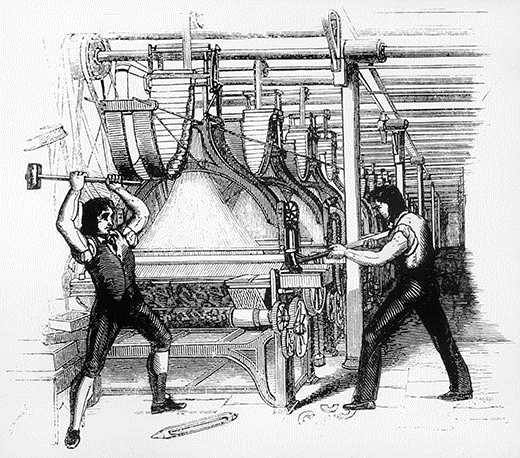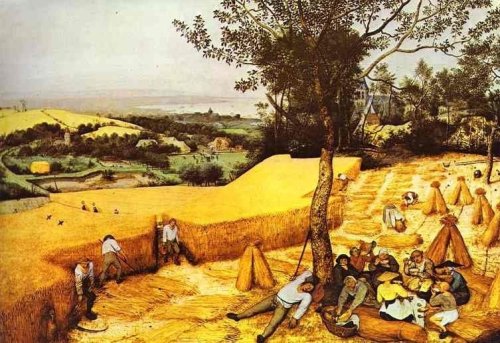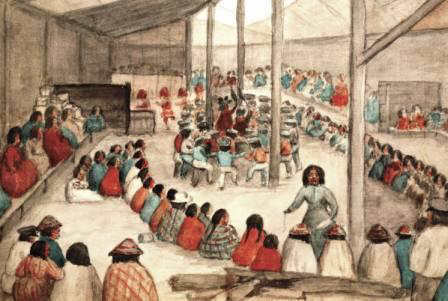The fight against the sharing economy, and Uber in particular, can be disorienting. Opposition is often painted as techno-phobia. The good guys in this story are Uber and progress; on the other side are opponents afraid of flexibility and smartphones, kicking and screaming against a future already here. In many ways, this is like the fight of the Luddites (machine smashers) 200 years ago at the dawn of the Industrial Revolution. While the Luddites were fighting the way technology was used to further exploit rather than liberate workers, they were and are misrepresented as simply afraid of and opposed to technology.
Just as power looms and other machines inaugurated a technological revolution that ultimately produced more work for the many and greater wealth for the few, so too modern technologies are enriching Silicon Valley’s billionaires at the expense of drivers, delivery folk and all manner of service workers. The sharing economy that is experienced by consumers as a friendly convenience is a low-wage, precarious trap for workers. It would sound all too familiar for the skilled cloth-makers who wanted machines to give them more leisure and continued control over their work, but instead found themselves subsidizing the profits of the machine owners in England’s “satanic mills.”


